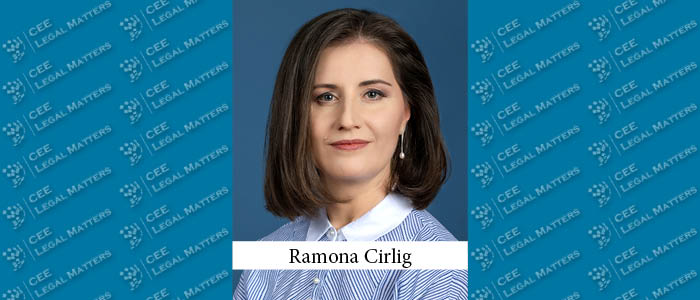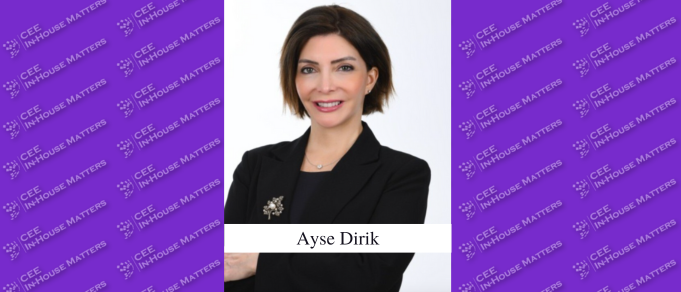ESG is complicating contract negotiations in Romania, as large-size enterprises impose heavy terms on mid-sized suppliers, sometimes leading to missed opportunities, according to RC International Disputes’ Managing Partner Ramona Cirlig, with climate litigation also rising, potentially impacting future disputes.
ESG has become a major topic of discussion in Romania, Cirlig says, “with everyone focusing on reporting obligations and trying to capitalize on the momentum. However, what I often encounter is the less visible ‘underground buzz’ – the real challenges faced during the contractual drafting phase.”
Large-size businesses, according to Cirlig, “tend to impose large, excessive contracts on mid-sized suppliers and are now particularly anxious about ESG compliance. Many are expecting future disputes and are eager to transfer risk. The result of all this public focus on ESG is that it complicates reaching contractual agreements.”
“The main issue here revolves around transferring risk through various indemnities, including liability for fines,” she explains. This happens despite the fact that the relevant Directive (EU) 2024/1760 of the European Parliament and of the Council, from June 13, 2024, stipulates that small and mid-sized partners should receive support. The directive includes the phrase ‘in light of the resources, knowledge, and constraints of the SME,’ acknowledging these challenges. Unfortunately, while the directive is beautifully drafted, it is rarely incorporated into actual contracts.”
Cirlig adds that, unfortunately, this uncertainty may cause significant business opportunities to be lost, as both sides are focused on protecting themselves. “I’ve even seen mid-sized enterprises walk away from deals simply because they didn’t want to accept certain client-imposed clauses,” she says. “I saw a similar scenario during the GDPR wave. In some cases, insurance helped to alleviate the risks. I expect that, as with GDPR, the insurance market will expand to cover ESG-related risks, which could help unlock some of these stalled negotiations.”
Another impact of it, according to Cirlig, is likely an increase in disputes. “I anticipate many disputes in this area, although they haven't fully materialized yet,” she notes. “Once the legal landscape is clearer and we start seeing decisions, uncertainty will diminish, and negotiations will likely become smoother. But for now, the intense public attention around ESG is creating a bottleneck at the negotiation stage.”
On another front, Cirlig emphasizes that climate-related litigation is starting to gain traction in Romania, similar to across Europe. “One notable case is Declic et al. v. The Romanian Government, which began in Cluj and will have its first hearing in the High Court of Cassation at the end of October. NGOs are increasingly trying to enforce climate targets following the KlimaSeniorinnen case before the European Court for Human Rights. In particular, the applicants demand Romanian authorities to implement concrete climate change mitigation plans and take measures to increase the share of renewable energy in order to meet the targets of the Paris Agreement.” According to her, “while these cases are primarily against governments, companies are paying attention because once climate harm is officially recognized, it could trigger a domino effect and open the door for claims in commercial disputes.”

















